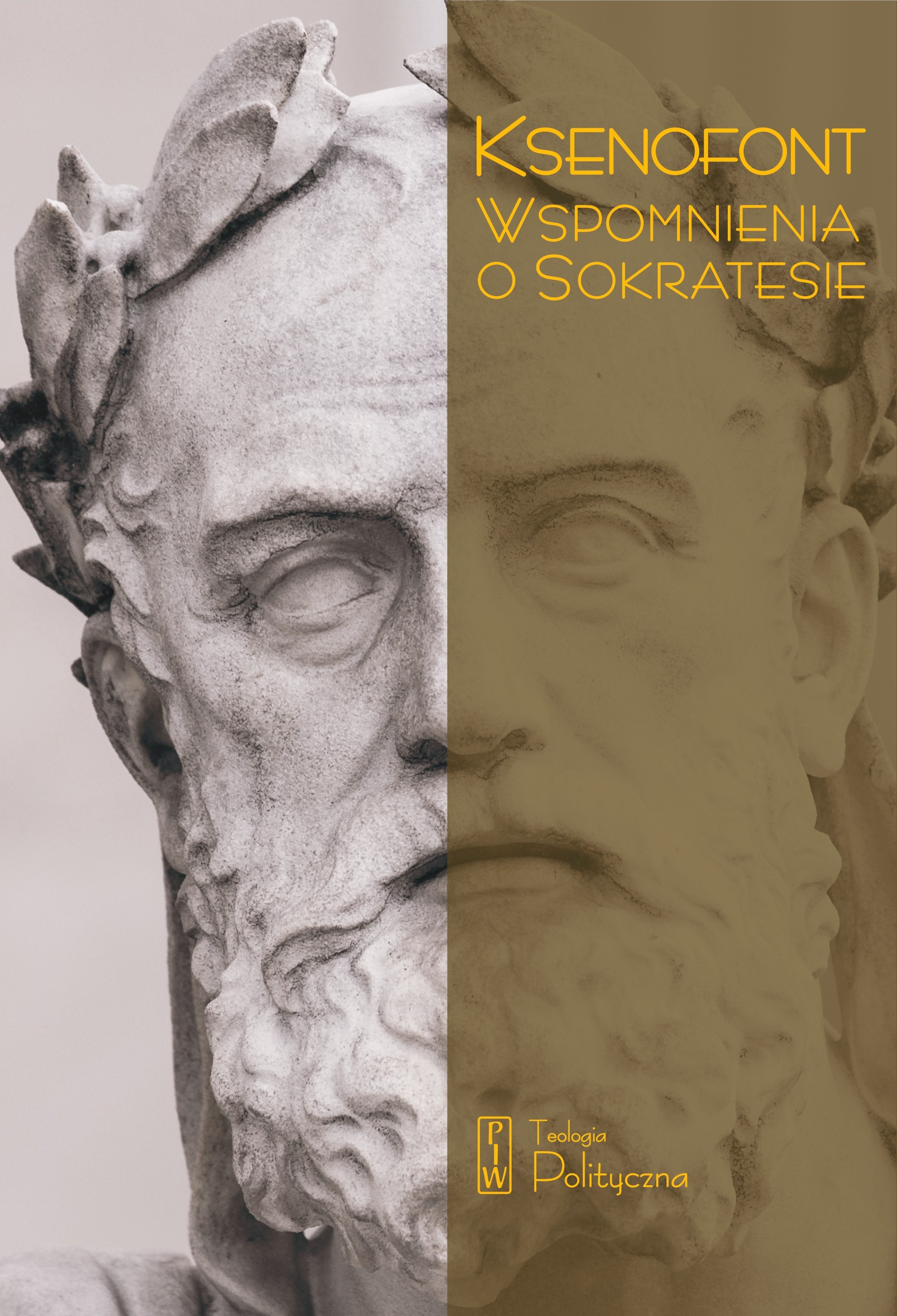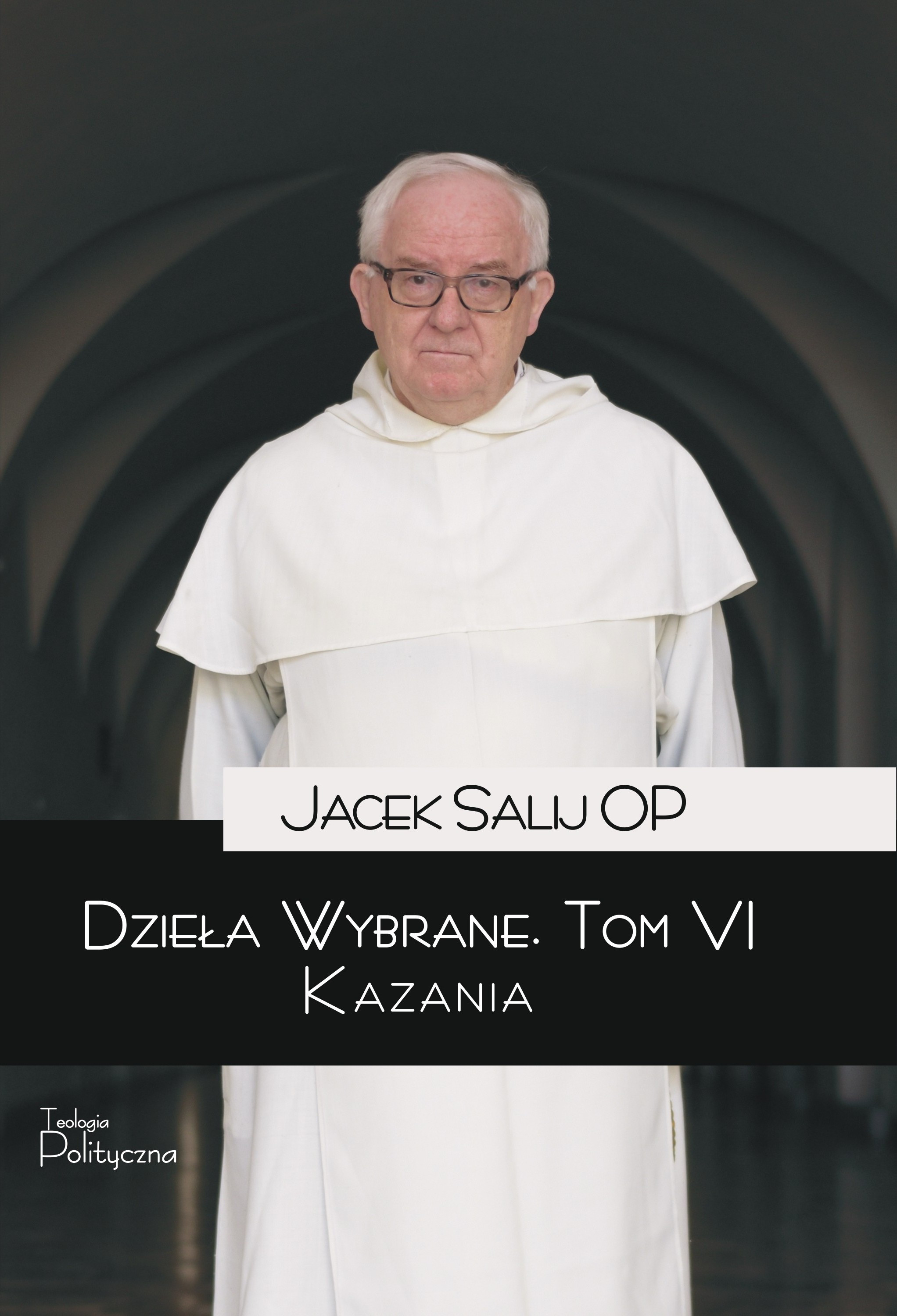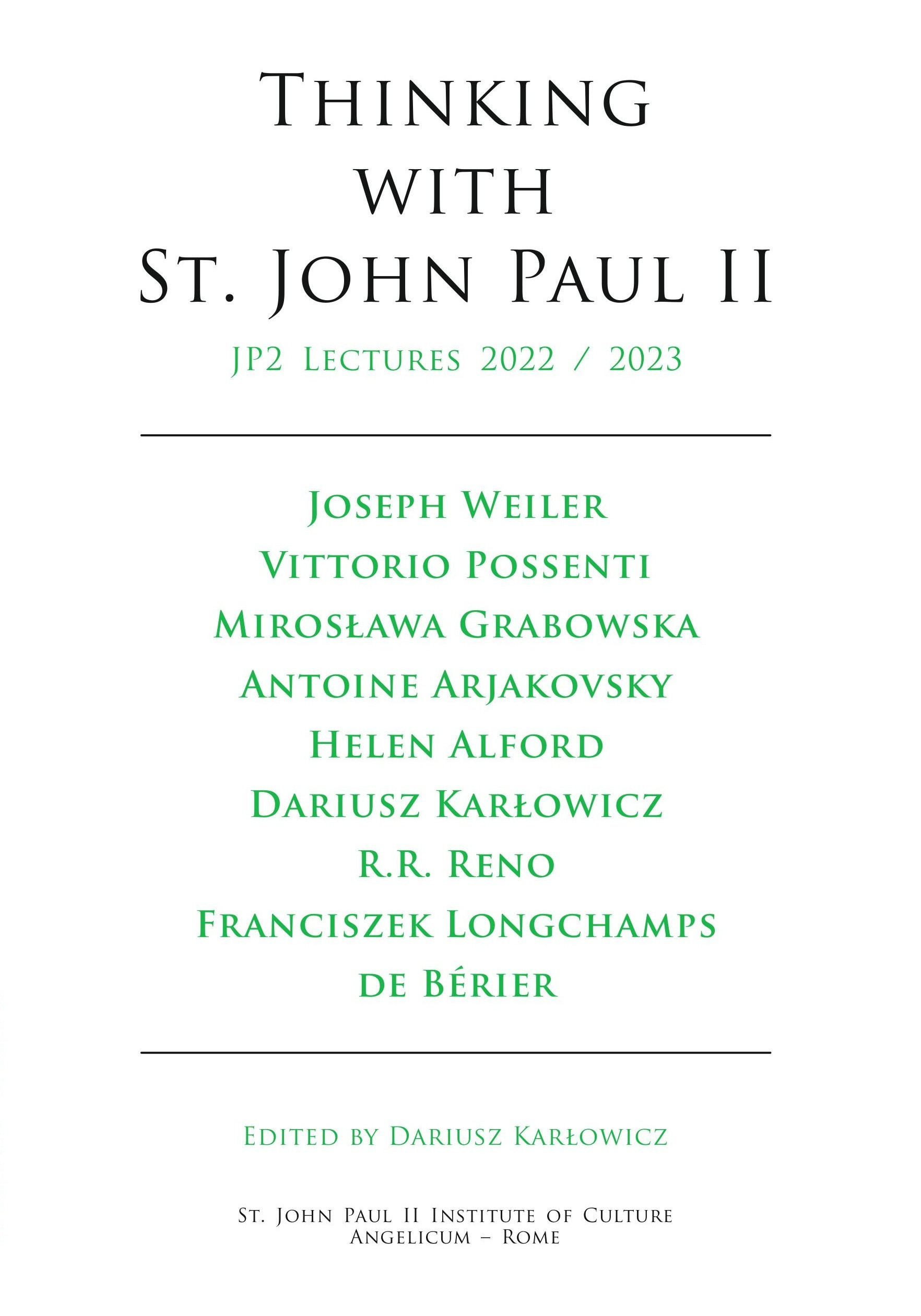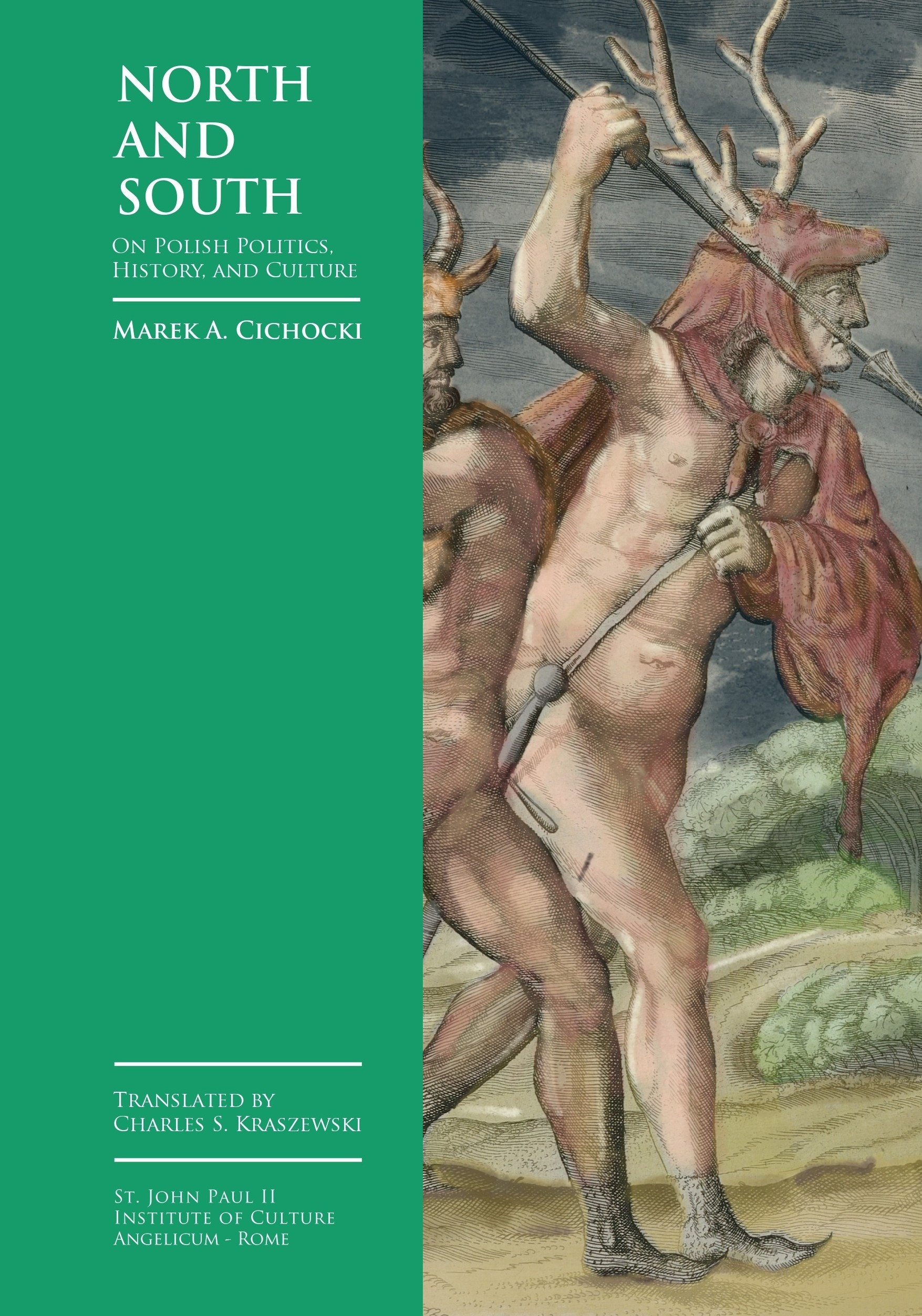OMP: Collaboration Between Central European Countries and their Place in the European Union

Konferencja 15 października w Krakowie, w Sali Senackiej Collegium Novum, między 11.00 a 17.00

Konferencja 15 października w Krakowie, w Sali Senackiej Collegium Novum, między 11.00 a 17.00
Zapraszamy do udziału w konferencji Ośrodka Myśli Politycznej i Instytutu Nauk Politycznych i Stosunków Międzynarodowych UJ "Collaboration Between Central European Countries and their Place in the European Union". Odbędzie się ona 15 października w Krakowie, w Sali Senackiej Collegium Novum, między 11.00 a 17.00. Z uwagi na międzynarodowy charakter spotkania i udział gości z krajów środkowoeuropejskich, językiem konferencyjnym będzie angielski.
Zgłoszenia do udziału - bezpłatnego - przyjmujemy do 8 października, pocztą elektroniczną (omp@omp.org.pl, tytuł wiadomości: Europa Środkowa) lub na Facebooku - http://www.facebook.com/event.php?eid=274464005914263. Liczba miejsc jest ograniczona, zatem o przyjęciu zgłoszeń zadecyduje ich kolejność.
Sala konferencyjna: Collegium Novum, ul. Gołębia 24; Sala Senacka
Sobota, 15 października
11.00-16.00
PART I
“The Impact of Shifts in Ruling Coalitions on Defining and Implementing Foreign Policy Goals”
The conference aims to capture the impact of internal policy, and particularly shifts in ruling coalitions, on foreign policy in Central European countries. A preliminary hypothesis states that in view of the poorly developed bureaucracy that manages foreign policy (compared to Germany, France or the United Kingdom), a change of government potentially equates to a shift in foreign policy priorities. Policy vis-à-vis Central and Eastern Europe, and especially the European policy collaboration between Central European countries appears to be a particularly useful area in which to validate this hypothesis, since this collaboration has been present in the verbal declarations concerning policy agenda of all governments to date.
Issues / Research Questions
1. How are foreign policy priorities shaped in individual Central European countries?
2. What is the role of bureaucracy in shaping and implementing foreign policy in Central European countries?
3. What is the role of political parties in shaping and implementing foreign policy in Central European countries?
4. What is the role of the media and public opinion in shaping and implementing foreign policy in Central European countries?
5. To what extent have personal/informal contacts between politicians from Central European countries been made institutional?
Speakers:
Mgr Vlastimil Havlik
Dr Juraj Marusiak
Dr Artur Wołek
Discussion
PART II
“The Place of Central European Countries in the European Union”
The conference is to define the place of the Central European countries in the EU and their contribution to shaping its policies in two basic dimensions:
– their current positions in Community structures related to the potential they have and the degree to which they utilise it (e.g. as a result of defining their national interests in a certain manner or depending on the political will to articulate these interests in a subjective manner but also on the efficiency of pursuing them in practical terms);
– and their future positions within the EU if certain scenarios concerning changes in the political order within the Union come to pass (resulting e.g. from the possible implementation of projects aimed at the closer integration of euro zone countries).
Conference participants will also answer the questions whether the possible collaboration between Central European countries on the EU forum can significantly strengthen their positions within Community structures, and if so, how they should pursue this goal, but also whether the manner in which the governments of individual states in the region currently define their interests within the framework of the EU and in their mutual relations is conducive to the implementation of a project aimed at closer collaboration with respect to European policy.
Issues / Research Questions
6. What are the prospects of collaboration between Central European countries with respect to issues that concern institutional and political change within the framework of the EU and what blueprints for change might gain support from individual states in the region?
7. What is the political potential of Central European countries within EU structures – which elements of this potential are variable and which constitute a fixed component of their position in the international arena?
8. What are military aspects of collaboration between Central European countries?
Speakers:
Dr Piotr Bajda
Dr Marel A. Cichocki
Dr Stejarel Oralu
Dr Csaba Toro
Dr Paweł Ukielski
Discussion
Ty też możesz wydawać z nami KSIĄŻKI, produkować PODCASTY, organizować wystawy oraz WYDAWAĆ „Teologię Polityczną Co Tydzień”, jedyny tygodnik filozoficzny w Polsce. Twoje darowizny zamienią się w kolejne artykuły takie jak ten, który właśnie czytałeś i pomogą nam kontynuować i rozwijać nasze projekty oraz tworzyć kolejne. Środowisko Teologii Politycznej działa dzięki darowiznom prywatnych mecenasów kultury – tych okazjonalnych oraz regularnych. Dołącz do nich już dziś i WSPIERAJ TEOLOGIĘ POLITYCZNĄ!






